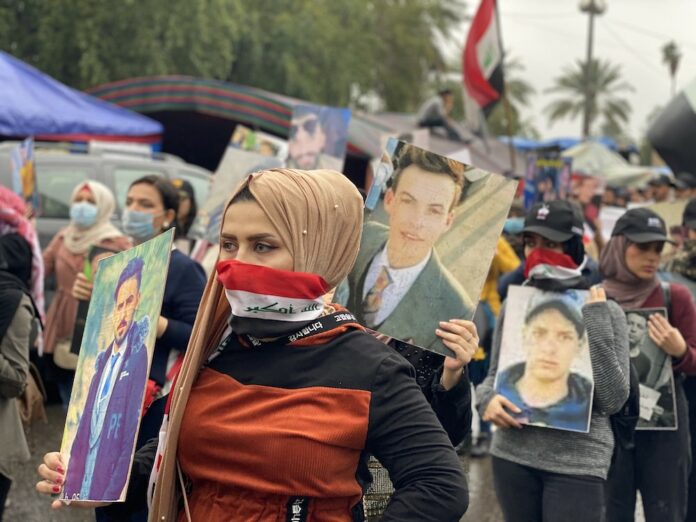Peace is the base for the stability of States and an important foundation for the destiny of societies. And in its absence, conflict prevails, stability disappears and opportunities for development from education and health are reduced. Peace is a constructive and positive step taken by actors and peace-makers to improve their communities during and after conflicts and wars to prevent the disasters that conflict leaves behind, migration, homelessness, lack of life opportunities, and decent living.
In June 1992, former United Nations Secretary-General Boutros-Ghali presented his report entitled “The Peace Plan,” in which he addressed the concept of post-conflict peace-building and emphasized the ability of the United Nations to maintain international peace and security through its efforts to find the best methods and mechanisms for peacebuilding and to build the will to take the difficult decisions required by time, including through collective spirit and opportunities.
Young men and women have played various roles to promote peace, community cohesion, and co-existence within liberated regions that have suffered from long-term wars and conflicts, which intensified between 2014 and 2017. When the victory over ISIS was declared, despite many difficulties and challenges faced by young people, it demonstrated the ability and success to achieve and build peace. Women have been key partners in the peacebuilding process and their participation in society. Civil society organizations have worked significantly to promote the values of peace-building and the spirit of volunteering, participation, and empowerment of young people, and to work to build peace on the community and personal side of young people by inducing a spirit of peace and acceptance, despite multiple differences.












